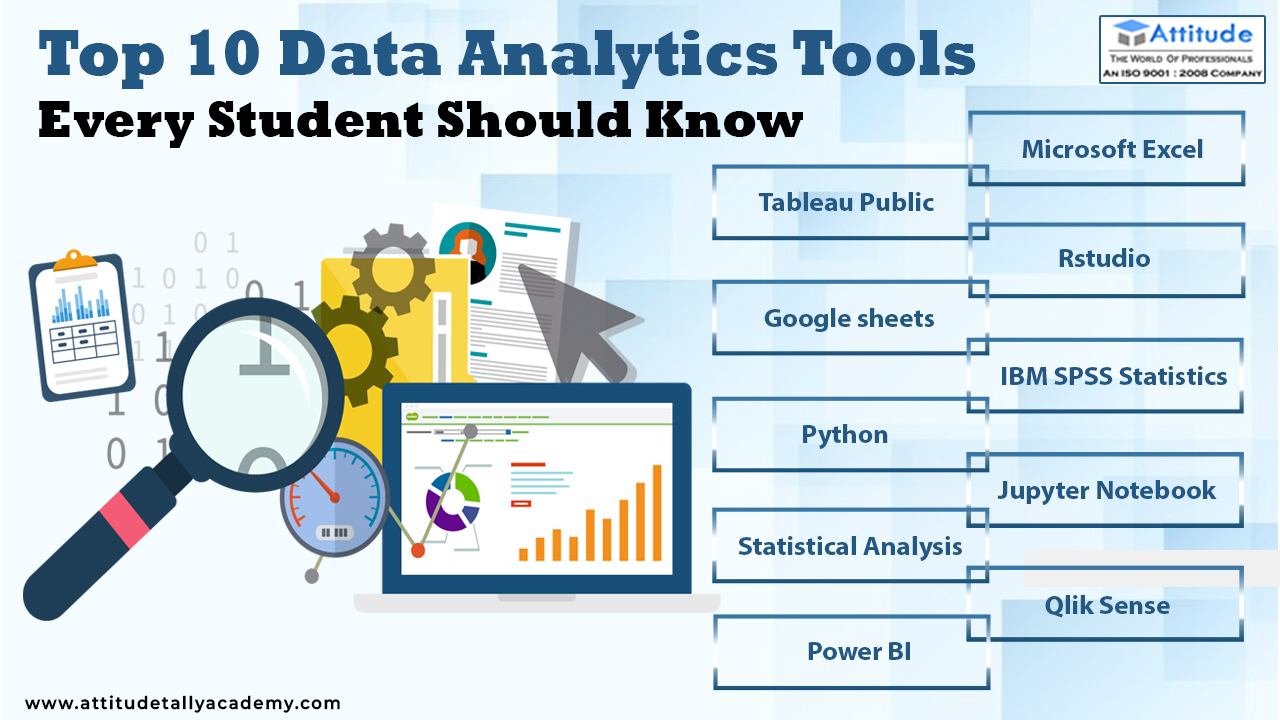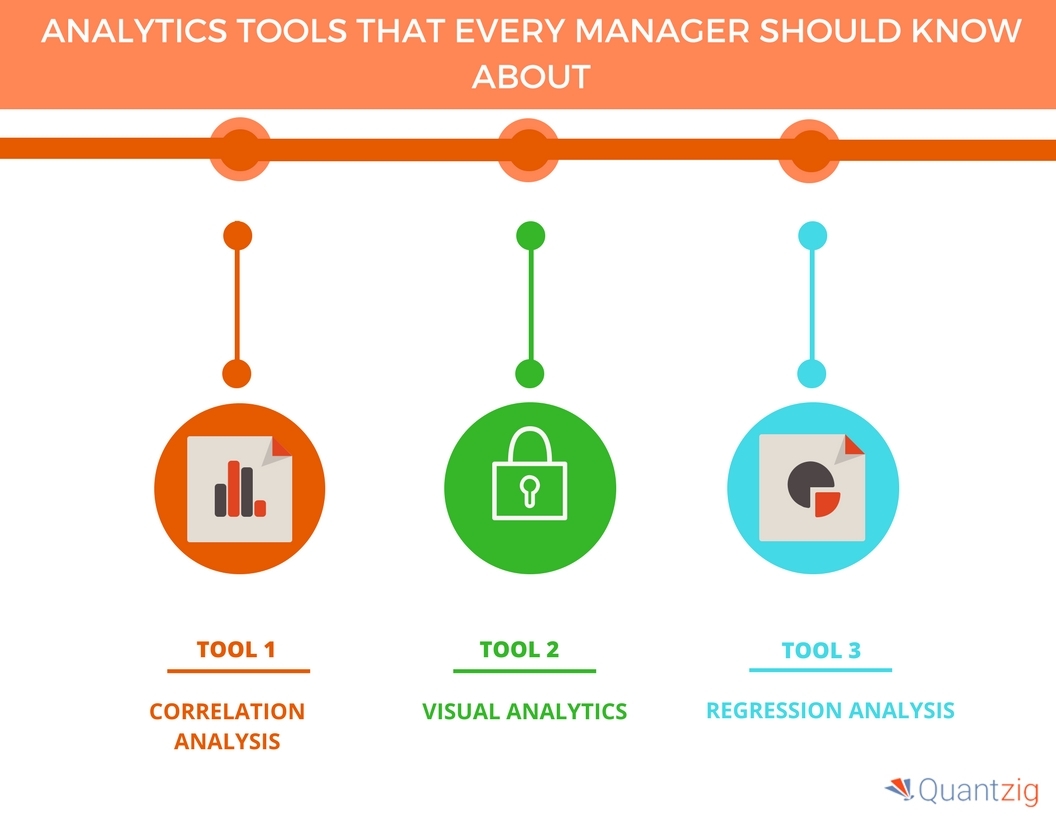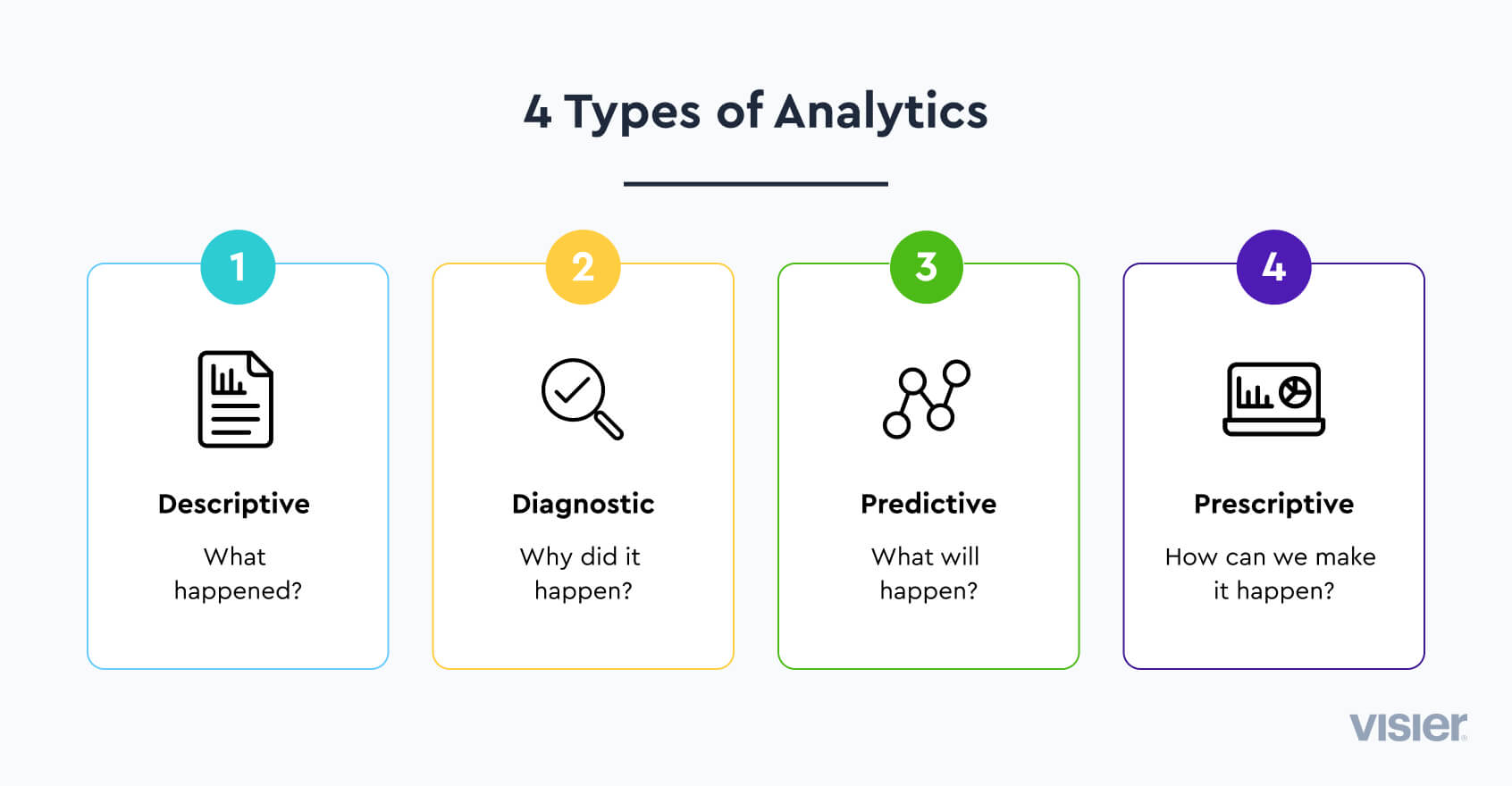Improve ROI and Effectiveness Through Strategic Analytics Preparation
Improve ROI and Effectiveness Through Strategic Analytics Preparation
Blog Article
Increase Performance and Productivity Through Information Analytics
In today's data-driven landscape, businesses are significantly identifying the essential duty of data analytics in enhancing operational performance and profitability. By systematically analyzing data, companies can reveal important insights that educate tactical choices, simplify procedures, and tailor customer experiences (Analytics). However, the challenge lies not just in the execution of these analytical tools however also in recognizing how to equate data into workable results. As we discover the subtleties of efficient data-driven methods, the implications for both temporary gains and long-term success come to be progressively clear. What might these insights disclose for your organization?
Comprehending Data Analytics
In today's data-driven landscape, understanding data analytics is necessary for organizations aiming to improve operational efficiency and drive profitability. Information analytics involves the systematic computational analysis of information sets to reveal patterns, connections, and understandings that inform decision-making. By employing numerous strategies, such as statistical evaluation, artificial intelligence, and predictive modeling, organizations can transform raw information right into actionable intelligence.
The process usually starts with information collection, where pertinent details is gathered from multiple resources, consisting of transactional data sources, client interactions, and market trends. This data is then cleansed and arranged to make certain accuracy and uniformity. Once the data is prepared, analytical devices and software program are utilized to check out and picture the information, allowing stakeholders to recognize abnormalities and patterns.
Inevitably, understanding information analytics empowers companies to make informed decisions based upon empirical evidence as opposed to intuition. It facilitates targeted strategies that can enhance resource allowance, enhance customer complete satisfaction, and enhance general performance. As businesses significantly recognize the worth of data-driven understandings, a strong grip of data analytics ends up being a critical proficiency for groups and leaders alike, positioning them for sustained success in a competitive environment.

Key Advantages for Companies
Services that utilize data analytics can open a multitude of benefits that dramatically boost their operations and profitability. Among the main benefits is enhanced decision-making. Information analytics offers actionable understandings derived from real-time data, enabling services to make educated options that align with market needs and customer preferences.

In addition, information analytics promotes enhanced customer experiences. By understanding client behaviors and choices, services can customize their offerings, causing enhanced complete satisfaction and loyalty. This customized approach commonly leads to greater conversion prices and repeat service.
Moreover, information analytics makes it possible for businesses to recognize arising patterns and opportunities. By remaining ahead of the curve, companies can take advantage of brand-new markets and technologies prior to their competitors.
Executing Data-Driven Approaches
Successful implementation of data-driven methods calls for a comprehensive understanding of both business objectives and readily available information sources. Organizations must initially define their goals plainly, making sure placement between data efforts and critical goals. This clarity makes it possible for groups to concentrate on relevant metrics and insights that drive decision-making.
Next, businesses should evaluate their existing data infrastructure. This entails examining data top quality, accessibility, and combination capacities. Premium data is vital for exact analysis, as poor data can lead to illinformed techniques and thrown away sources. Organizations should establish processes for data collection, cleansing, and administration to maintain data visit integrity.
Furthermore, promoting a data-driven society is crucial. Staff members at all levels must be motivated to take advantage of data in their day-to-day operations. Training programs and workshops can improve information literacy, encouraging team to more info here make enlightened choices based upon logical understandings.
Devices and Technologies Overview
A durable suite of devices and modern technologies is important for organizations aiming to harness the full potential of information analytics. These devices promote the collection, handling, and visualization of data, making it possible for companies to obtain workable understandings.
At the foundational degree, information monitoring platforms such as SQL data sources and NoSQL systems give efficient data storage and access capacities. For data processing and evaluation, shows languages like Python and R, in addition to frameworks such as Apache Glow, allow complicated calculations and artificial intelligence applications.
Visualization tools, consisting of Tableau and Power BI, transform raw data into user-friendly visual layouts, making understandings accessible to stakeholders whatsoever levels. Furthermore, cloud-based platforms like Google Cloud and AWS offer scalable storage and handling options, accommodating the growing volumes of information companies run into.
For innovative analytics, anticipating modeling and AI-driven remedies are significantly adopted, permitting business to anticipate trends and enhance decision-making procedures. Incorporating these tools right into existing process is paramount; organizations that effectively leverage this innovation can dramatically enhance functional efficiency and drive profitability. Hence, investing in the right devices and innovations is a tactical imperative for any type of data-driven organization.
Situation Studies of Success
Leveraging data analytics has actually led numerous organizations to accomplish exceptional improvements in effectiveness and productivity. One notable instance is a huge retail chain that executed anticipating analytics to enhance inventory management. By analyzing historic sales information and consumer patterns, the business minimized excess supply by 30%, bring about considerable price financial savings and boosted money circulation.
An additional example can be located in the manufacturing field, where a leading auto maker utilized data analytics to boost its manufacturing procedures. By monitoring device performance in real-time, the company determined inadequacies Visit Website and traffic jams, leading to a 20% boost in total equipment effectiveness (OEE) This not only improved production rates yet also lessened downtime and upkeep expenses.

These case studies highlight how information analytics can drive strategic decision-making, optimize processes, and ultimately boost both performance and earnings throughout various sectors.
Verdict
In conclusion, the assimilation of information analytics into service operations offers considerable opportunities for boosting effectiveness and earnings. By methodically analyzing information, companies can recognize ineffectiveness, maximize customer experiences, and make informed decisions.
In today's data-driven landscape, understanding data analytics is crucial for organizations intending to enhance functional effectiveness and drive earnings. Data analytics includes the methodical computational evaluation of data sets to discover patterns, relationships, and insights that educate decision-making. Information analytics offers actionable understandings obtained from real-time data, enabling organizations to make educated choices that line up with market demands and consumer choices.
High-quality data is essential for precise evaluation, as inadequate information can lead to illinformed approaches and wasted resources. Organizations should establish procedures for data collection, cleansing, and monitoring to preserve information honesty.
Report this page